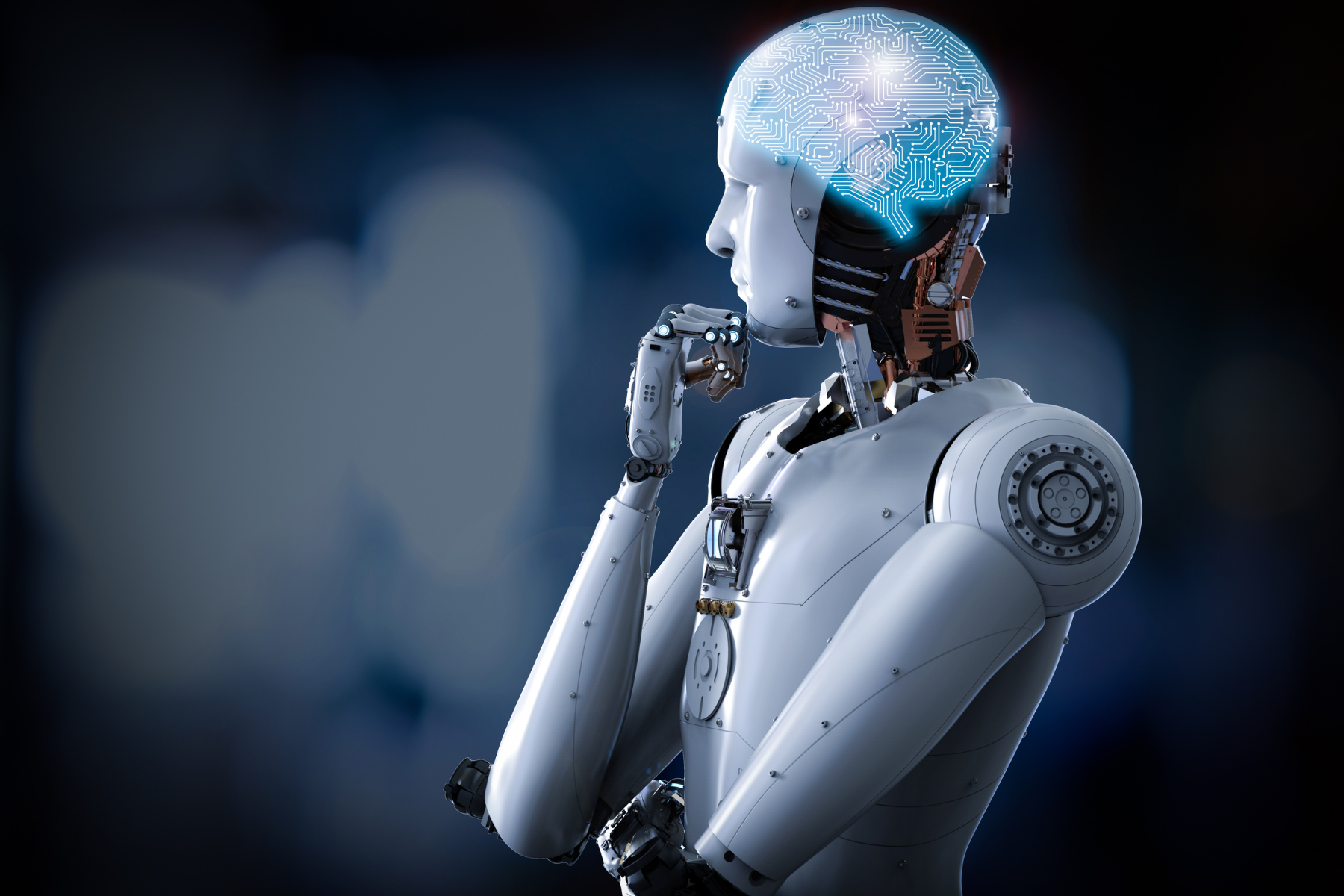Artificial intelligence (AI) is revolutionizing the healthcare industry by improving the efficiency, accuracy and cost-effectiveness of medical treatments. One of the most notable applications of AI in healthcare is its use in medical imaging analysis. AI algorithms are able to process medical images, such as X-rays and MRIs, more quickly and accurately than humans, which can aid in the early detection of diseases such as cancer. Another area where AI is making an impact is in drug discovery and development. AI can analyze large amounts of data from research studies, identify patterns and potential new drugs more quickly and efficiently than humans. Personalized medicine is also benefiting from AI. AI can analyze a patient’s genetic data, medical history and other factors to develop personalized treatment plans tailored to the individual.
While the use of AI in healthcare offers many benefits, there are also ethical concerns to consider. One of the main concerns is data privacy. The large amounts of patient data needed for AI algorithms to work effectively raises concerns about who has access to this information and how it will be used. Another concern is bias in decision-making. AI algorithms are only as unbiased as the data they are trained on, so if the data is biased, the algorithm will be too.
The future potential of AI in healthcare is enormous. From streamlining the drug development process to improving patient outcomes, AI has the potential to revolutionize healthcare. However, it is important to ensure that AI is implemented responsibly and regulated effectively to ensure patient safety and privacy. With the right approach, AI has the potential to significantly improve healthcare outcomes and make it more accessible to everyone.



